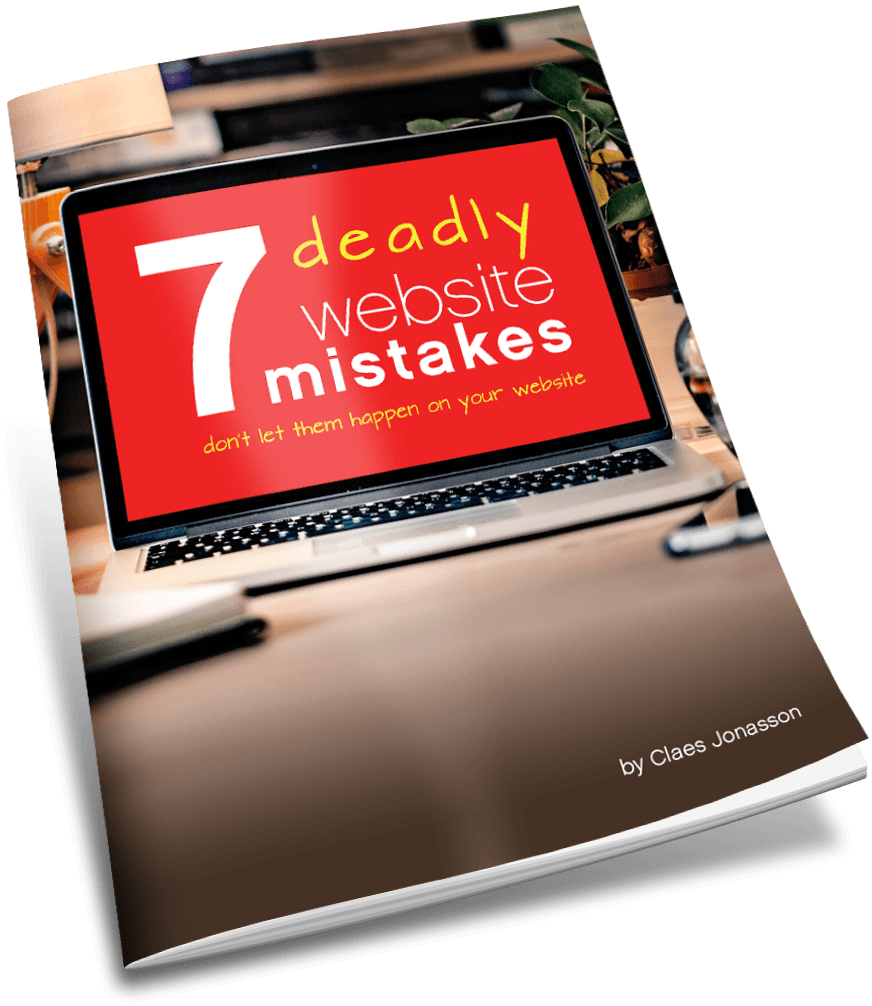Redundancy — it’s actually valuable
Common sense and much current business accounting tells us that redundancy is a really bad thing. Because after all, if things are working well, then why would you need an entirely different way of doing the same thing? You’re then just paying for something else to sit around, on the (remote) possibility that you will need it some day.
The Zoom conference
The 3-day, live Zoom conference was winding down to the last few hours. Which means the most important part of the entire 3 days: That time when key concepts from all the sessions get boiled down to incredibly valuable takeaways. Where all of us attending decide what we will do in the next week and month to apply the insights gained. Knowledge about to turn into action.
Then the power went off. Not for the conference host, but for me.
It was in the middle of the afternoon on a sunny day when the power went out. Just like that. No lights in the house.
Because I’ve heard the old phrase about expecting the unexpected, I was at least somewhat prepared. Sort of.
I participated in the Zoom call from my laptop. With the charger connected to an uninterruptible power supply. Same for the internet modem.
So while the lights in the house were out, my computer and internet connection were still there.
However, the battery backup only lasts for about 15 minutes. At least I had some warning. And being forewarned is vital. There was still time to act.
Time for Plan B
Plan B went like this: Turn on hotspot on my mobile phone. Then connect the computer to the internet via that hotspot. The battery on the computer was fully charged, since it had been plugged in. So it would be good for at least 2 hours.
We were in the next to last session of the day in the conference. So I might just make it. As long as the phone battery held up. I looked at the little icon and concluded that it probably wouldn’t.
Some quick rummaging in a drawer yielded a USB power stick. One I hardly ever use. No idea when I charged it last. But it had power in it. So could extend the life of the phone for some unknown length of time.
In the midst of all this, I of course also contacted the power company to make sure they:
- Knew about the issue and
- were busy fixing it.
In the end my laptop had enough battery power to see it through the end of the conference. The phone also lasted the required time, with the help of that USB power stick.
Finally, it turned out to be a short power outage as things go. Power came back on not that long after the Zoom conference was over. Life was back to normal.
Everything ended up well that day. I didn’t miss the key part of the conference. And power came back on before it was time to make dinner. Life was good.
But what if things hadn’t worked out? What if my laptop battery wasn’t fully charged, or in great condition to normally last for hours on end? What if I hadn’t had the ability to use my phone as a hotspot? Redundancy was a really good thing that day.
Lots of ‘what if’s’.
Cutting redundancy when all is well
There’s a huge trend in business to cut redundancy. Because it’s, well, redundant.
Even the word itself seems to invite confusion as it has 2 meanings:
Redundant can mean something which is obsolete and no longer needed. Superfluous. In British English they talk about workers being made redundant, meaning they were let go, because their positions were no longer needed.
Redundant also means something that is not strictly necessary for day-to-day function, but is included in case of failure of another component. Think spare tire on a car.
It’s easy to see why accountants and those in favor of slim organizations go after any perceived redundancy. At least on a sunny day when the birds are chirping and all is well with the world.
So anything not needed for operations today gets cut.
Never mind that things out of the ordinary will happen. Sooner or later.
Because after all, the balance sheet looks better without that extra capacity sitting around. Wasted money. Until it’s not. Like when things go haywire and you really need that spare.
The virtue of always being prepared
A business owner I know pays for internet service from 2 providers at his location. That way, when one of them fails, he can get back online by just unplugging from one and plugging into the other. Yet someone looking at his books might indeed conclude that it’s utterly wasteful to all the time pay 2 different companies to provide internet service to his business. When the focus is entirely on the ‘bottom line’, all too often, any redundancy is seen as wasteful.
Of course, if the internet is out, this business owner can do exactly nothing. Total standstill. And lost revenue will quickly far exceed any money saved by dropping one of the internet providers.
For many years I worked in video production. Frequently on the road, in people’s houses or offices to shoot video. I made sure I carried with me everything I could possibly need to connect my lights to local power. Any adapter and plenty of extension cords so I could plug in my lights in a safe manner, without overloading the host’s circuits. No matter how crazy the house wiring was.
Also carried plenty of batteries to run the camera even for longest shoots. Because I didn’t want to have to ever connect the camera to sometimes fluctuating house power.
In other words, I brought redundancy with me.
Today, in my office, I have 2 computers on my desk. Most of the time I use them for different purposes. But they are also part of planned redundancy. If one were to go down, I can continue working on the other. With access to all my files.
If my house loses internet or power for a longer period of time, I can take my laptop and hard drives with any files I need and work from a different location, in a different part of the city that still has power and internet. I’ve done that.
Failure to plan is planning for failure
Times like the above make it clear that we need to have plan B, C, D and possibly E and F. We need to prepare. With redundancy. Because when things already went bad, it’s just compounding the bad by then having to try to figure out what to do now. And it’s often too late to take any meaningful action by then without incurring lots of delay.
If my computer were to go down, I don’t want to be in the position of not getting any work done or not being able to access my files until it’s fixed. Or replaced if things went really bad.
Same thing with files stored on external hard drives. Which is why I have a regular backup plan (multiple backups actually).
Earlier this summer, the external hard drive array that contains all my in-progress projects died. Just gone one morning. I have backups, so actually losing data wasn’t much of a concern (+1 for redundancy). But I quickly found out that it would be a few weeks to get replacement hard drives in due to vendors not having the right drives in stock.
So while I could work from my backup, what was going to protect it from failure?
Fortunately, I had an empty extra hard drive of the right size sitting on the shelf. Just for an occasion like this. So I could back up the backup and still be protected as I went back to work, while waiting for new hard drives to be delivered.
I know, it’s tempting for a small business owner or solopreneur to ignore all this. We tell ourselves that it’s not that big of a deal. That we’ll figure it out if the worst happens. (While crossing our fingers and hoping the worst will never happen.) Or we assume that we can just magically go on in spite of everything just having failed.
After all, things have gone well so far. We don’t think we need to spend money now to have redundancy for later (and something that just might never or only rarely happen).
Except it’s too late to figure out a plan B when something already went wrong.
Reflection:
What scenarios would prevent you from working? How can you prepare now to deal with those future unexpected and unplanned interruptions?
Never miss out!
Get an email update every time I publish new content. Be the first to know!

